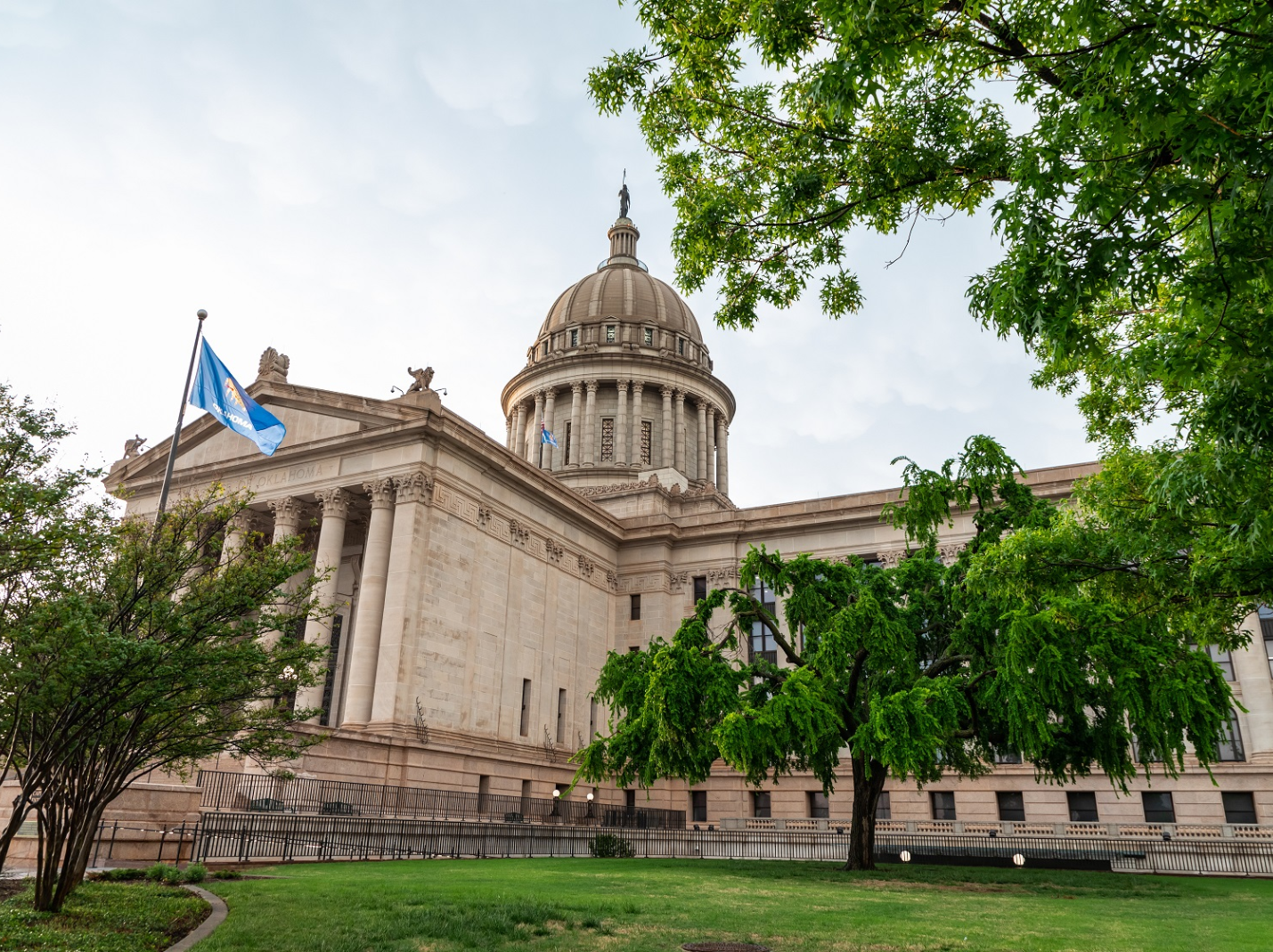
Editor’s Note: The following is an article originally published on the Oklahoma Council of Public Affairs on September 29, 2025. With edits to match Minding the Campus’s style guidelines, it is crossposted here with permission.
Oklahoma’s new social studies and science standards make it possible for students to have much-improved instruction in Oklahoma’s public K-12 classrooms. It will be up to the next state superintendent to push through every administrative reform needed to turn standards reform into classroom reform.
In May, Oklahoma adopted social studies standards informed by American Birthright: The Civics Alliance’s Model K-12 State Standards and History of Communism: Model State Academic Standards for Social Studies—jointly created by the Civics Alliance and the National Association of Scholars.
Oklahoma adopted science standards informed by The Franklin Standards: Model K-12 State Science Standards—jointly created by Freedom in Education and the National Association of Scholars.
Superintendent Ryan Walters and the Oklahoma State Department of Education (OSDE) did excellent work on these standards. Both are significantly strengthened from the previous versions.
[RELATED: Civics Alliance & Freedom in Education Release Constitution Week Lesson Plans]
The revised social studies standards, in particular, increase detailed content knowledge, strengthen knowledge of Western Civilization and American history, and strengthen coverage of the histories and the nature of America’s ideals and institutions of liberty, faith, civic virtue, and self-government—as well as of the challenges posed to these ideals and institutions by tyrannies such as Nazism and Communism. They include dedicated high school electives in Ancient and Medieval World History and History of 20th Century Totalitarianism. They also include balanced coverage of the influence of the Bible and Judeo-Christian belief on Western Civilization and on America’s ideals and institutions of liberty, republican self-government, and civic virtue.
Oklahoma’s next state superintendent will need to accomplish a great deal of work to bring these standards into full effect. Standards reform must be accomplished by changes to curriculum frameworks, model lesson plans, instructional materials selection, professional licensure and development, and state and local assessments. OSDE’s next immediate challenge will be to make sure that it reforms its social studies curriculum frameworks and other materials to complement the reforms carried out in the standards.
Oklahoma policymakers and citizens should engage in this work without being distracted by some of the political theater that has affected the solid substance of academic content standard reform. Some Oklahomans argued that last-minute revisions were made to the social studies standards without going through proper procedural channels. Oklahoma’s Legislature has the right to veto academic content standards. Lawmakers were aware of these objections but allowed the final version to stand. Oklahoma’s Supreme Court has temporarily put these standards on hold, but one hopes that this will only be a momentary pause.
Oklahoma policymakers, in any case, don’t need to be trapped in a false dichotomy between the much inferior 2019 standards and the 2025 standards as finally released. The Draft Social Studies Standards released in December 2024 are virtually identical to the final 2025 standards, with the major exception being inserted material on the 2020 presidential election. Oklahoma policymakers can easily retain the vast majority of solid improvements to the social studies standards and fix the alleged procedural irregularities simply by approving the December 2024 social studies standards.
Other political theater has focused upon the new standards’ increased coverage of the Bible and Judeo-Christian belief on Western Civilization and on America’s ideals and institutions of liberty, republican self-government, and civic virtue. Both proponents and opponents of the new standards have made far more of this aspect of the revised standards than it merits. The Bible and Christianity played foundational roles in Western Civilization and America, and it would be bizarre to exclude them from social studies instruction. Neither should public K-12 social studies instruction smuggle in sectarian instruction. The 2025 social studies standards achieve that balance well.
[RELATED: The Math Standards Ready to Trend on TikTok]
Elementary school students should learn about Bible stories that were central to American culture. High school students should “Summarize the causes of and influence of the theological movements of the Reformation and how those movements subsequently transformed society [p. 94].” But a section from Grade 5 on colonial North America shows that Oklahoma’s social studies standards provide thoughtful and balanced discussion of the Bible, as an appropriate part of social studies instruction as a whole:
5.C.2.4 Analyze the forms of self-government in the colonies.
-
-
Explain how English traditions of limited government (Parliament’s relationship to the monarchy) and Judeo-Christian values shaped the colonial experience in self-government.
-
Describe how representative government was established through various institutions (e.g., New England town hall meetings, colonial legislatures).
-
Examine early discussions on intercolonial cooperation exemplified by the rejected Albany Plan of Union and Benjamin Franklin’s “Join or Die” political cartoon.
-
Evaluate the influence of the Haudenosaunee (Iroquois) Confederacy on colonial attempts to unite. (p. 42)
-
No one interested in the solid substance of social studies instruction should find anything controversial in this inclusion of instruction about the role of Judeo-Christian values in colonial North America. The same is true of the treatment of the Bible and Christianity throughout these standards.
Governor Kevin Stitt will now appoint Oklahoma’s new State Superintendent of Public Instruction. He should appoint someone who knows the value of these reformed standards and will do the hard work of pushing through every administrative reform needed to turn standards reform into classroom reform.
Follow David Randall on X.
Image: “Oklahoma State Capitol” by Oklahoma Legislative Services Bureau on Wikimedia Commons